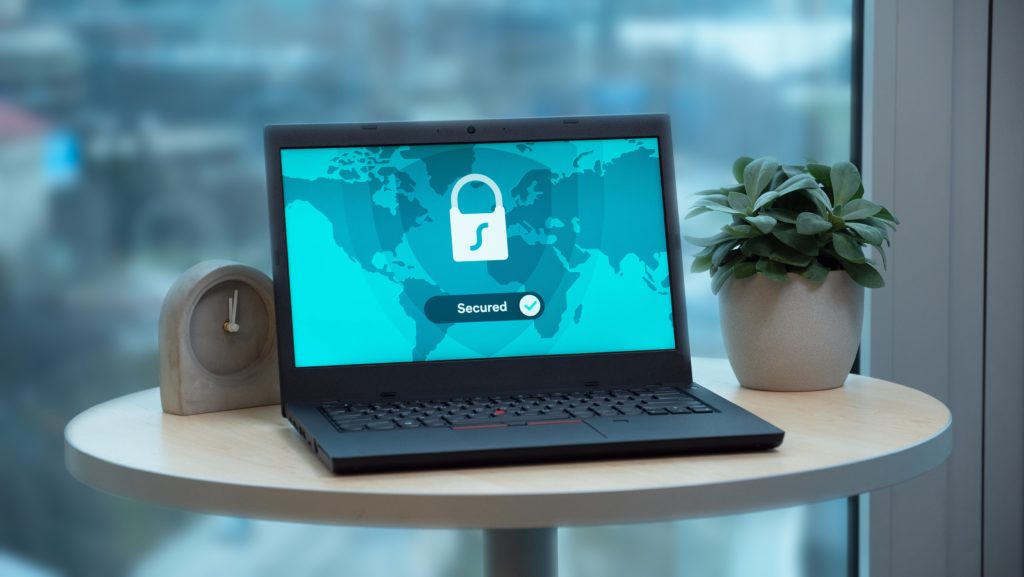Hackers, especially ones who conduct cyber-scams or ransomware attacks prey on victim panic and fear. If users don’t know what to look out for, they can easily be baited into downloading malware, or giving up confidential information. Knowing how to call their bluff could save you money, time and protect your data.
How to Resist Scare Tactics
Hackers rely on a victim panicking and complying with their instructions out of fear, if you ever receive a threatening email, even if it appears to come from Fordham University, take a moment to re-read it and check for any inconsistencies. Don’t immediately click on links or start filling out forms without consulting others. If you suspect an email isn’t legitimate, contact Fordham IT.
Some scammers will claim that you have a virus on your computer, before blindly believing them, look into the claims independently first. Every university-owned device comes with an antivirus scanner that can be used to verify if your computer has been compromised.
Don’t Pay Ransoms
If someone emails you with a ransomware threat, contact Fordham IT, you should never pay a ransom yourself. There’s no guarantee that once you pay the sum the hacker will even give your information back, paying the ransom enables the attacker to hit your system again.
In many cases, especially if the cyber criminal is part of a larger hacking group, paying the ransom can even be illegal because the money will be used to fund further criminal activity.
Any threats to your personal banking account should be redirected to your bank so they can be on the lookout for any suspicious activity.

